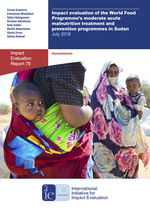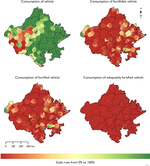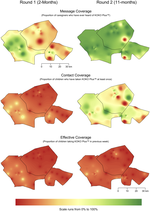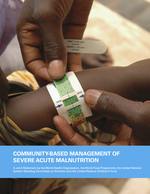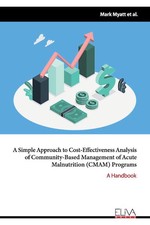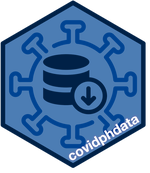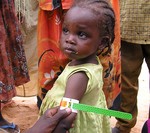Ernest Guevarra
Senior Research and Teaching Associate
MSc in International Health and Tropical Medicine, University of Oxford
I am an independent public health consultant with more than 20 years of professional experience in community and public health in humanitarian crises and developing country-settings, including as a community health worker, medical doctor, and most recently as the Head of Valid Measures, the specialised metrics, analytics and technology unit of Valid International. I have expertise in spatial epidemiology, geo-statistics, cartography and statistical programming. In my role as head of Valid Measures, I led the design, development and implementation of innovative surveys and assessments on health and nutrition and bespoke analytical approaches that leverage the advantages of Bayesian statistics and resampling techniques. I am a founding member of Katilingban, a collective of public health and nutrition experts and practitioners. I am currently a consulting research data scientist for EcoHealth Alliance to support its computational analytics work in support of pandemic preparedness and One Health research and a Senior Research and Teaching Associate at the Centre for Tropical Medicine and Global Health, Nuffield Department of Medicine, University of Oxford.
Interests
- Public Health and Nutrition
- Spatial Epidemiology
- R
Education
-
Master of Public Health, 2005
Harvard School of Public Health
-
Certificate in Humanitarian Studies, 2005
Harvard School of Public Health
-
Doctor of Medicine, 2001
University of the Philippines
-
BSc in Basic Medical Sciences, 1998
University of the Philippines
